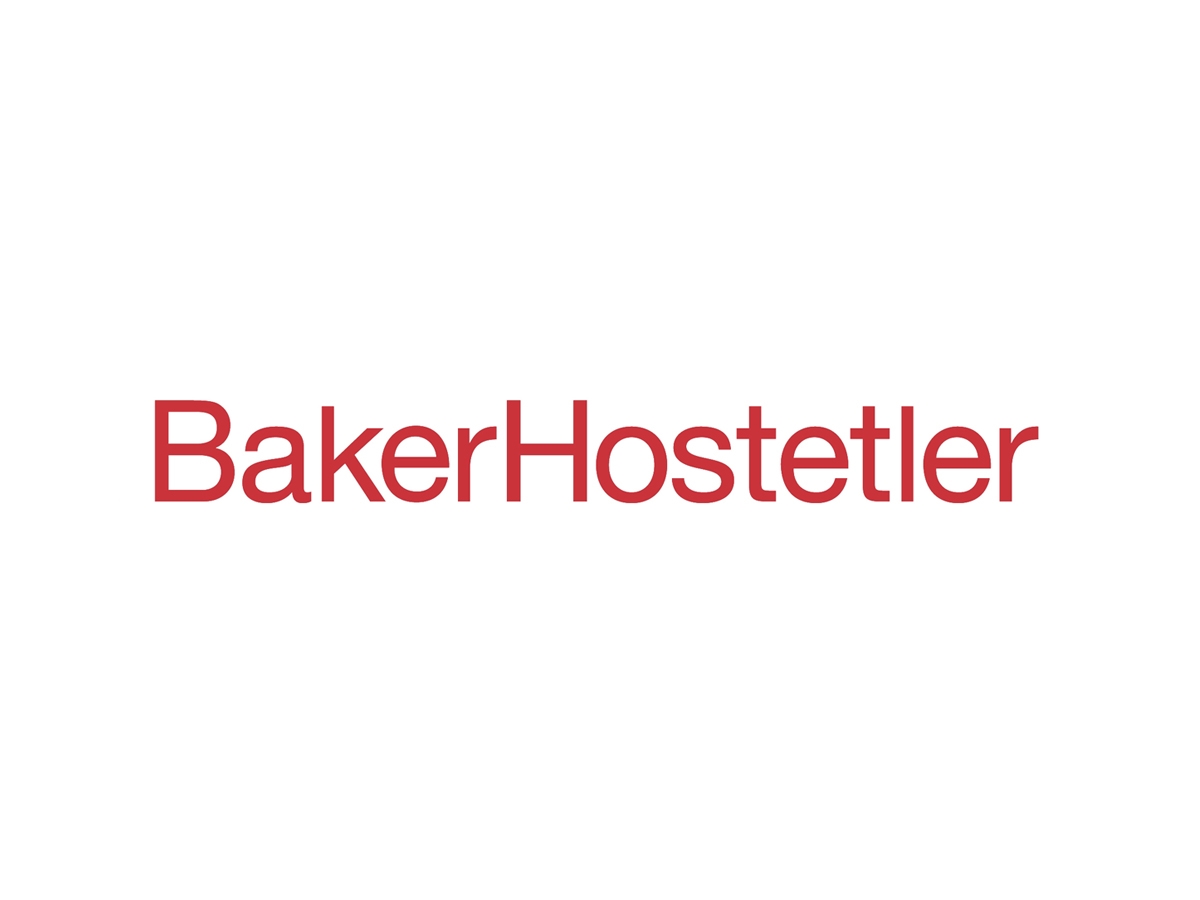EDVA Rules That a Demand Letter to Amazon Creates Declaratory Judgment Jurisdiction | Troutman Pepper
One issue a patent owner faces when attempting to enforce its patent is the notice given to a potential infringer. By sending a demand letter to a potential infringer, a patentee runs the risk of creating a basis for a declaratory judgment action for noninfringement. If the demand letter accuses the recipient of infringement, for example, the accused infringer can file a declaratory judgment action in a federal district court of its choosing, thus depriving the patentee of the ability to choose where suit is filed.
In a recent decision in the EDVA, Judge Lauck concluded that a letter sent to a potential patent infringe by Amazon was enough to create declaratory judgment jurisdiction, allowing the recipient of the letter to file suit for noninfringement in the EDVA. Oralic Supplies Inc. v. Jiang Huang, Case No. 3:22CV623, 2024 U.S. Dist. LEXIS 2366, 2024 WL 55477 (E.D. Va. Jan. 4, 2024)
In Oralic, the patentee, Jiang Huang, obtained a patent on an electric toothbrush head. Oralic sold products on Amazon, including replacement toothbrush heads. Huang submitted a report to Amazon asserting that one of Oralic’s products infringed his patent. Amazon, in turn provided notice of the report to Oralic and indicated that failure to resolve the dispute might result in the removal of Oralic’s product from Amazon.com.
Oralic responded by filing a suit for declaratory judgment of noninfringement against Huang in the EDVA, which had jurisdiction over Huang because he is a foreign national not subject to jurisdiction anywhere else in the U.S. Under patent law, a plaintiff may bring a declaratory judgment action if a defendant has demonstrated conduct that could reasonably be inferred as demonstrating an intent to enforce a patent. By contacting Amazon, the court ruled, Huang had created an actual controversy for Article III purposes because he has asserted his patent rights and Amazon reacted by threatening to remove Oralic’s product from its website.
Oralic was eventually able to serve Huang with its complaint, but Huang never responded to the suit. As a result, the court found Huang in default and, assuming the well pleaded facts of Oralic’s complaint to be true, determined that the Oralic product did not infringe Huang’s patent.
Takeaway
Oralic is another example of how careful a patentee must be when attempting to enforce its patents. Any indication in a communication to a potential defender that implies that a patentee intends to enforce its patent rights will allow an accused infringer to gain a potential advantage by filing suit in its chosen venue. The lesson for patentees is to be very cautious in statements to accused infringers before filing an infringement suit or in the absence of a standstill agreement with an accused infringer not to file suit.





